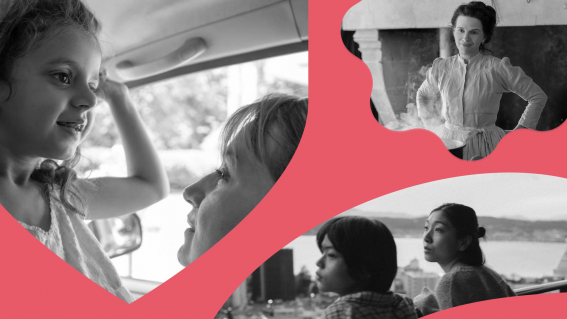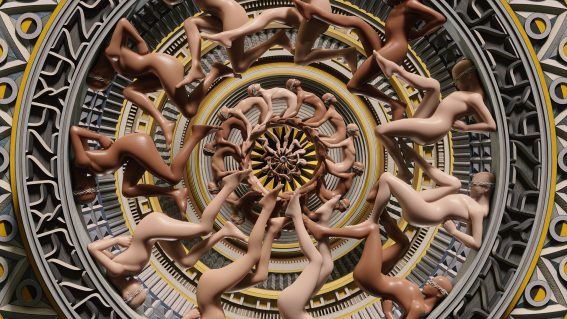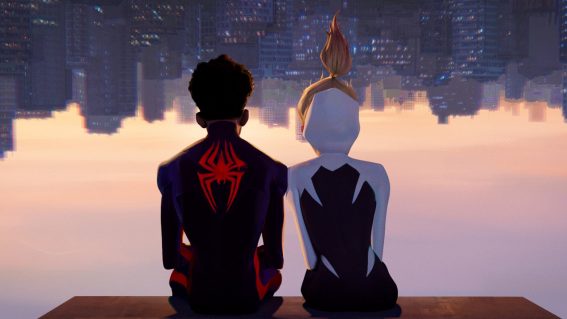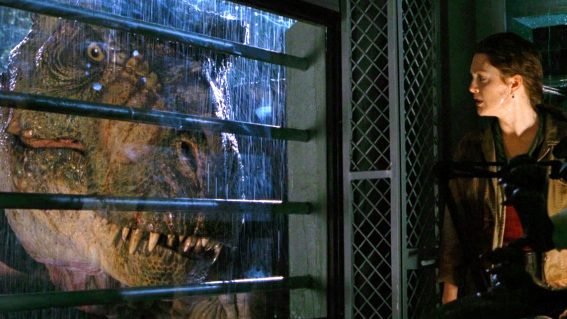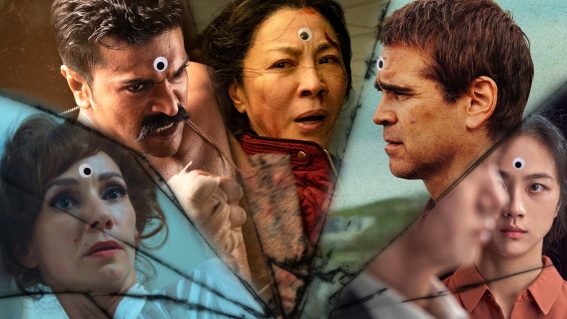Hyper-poppy Mean Girls musical takes on Gen Z
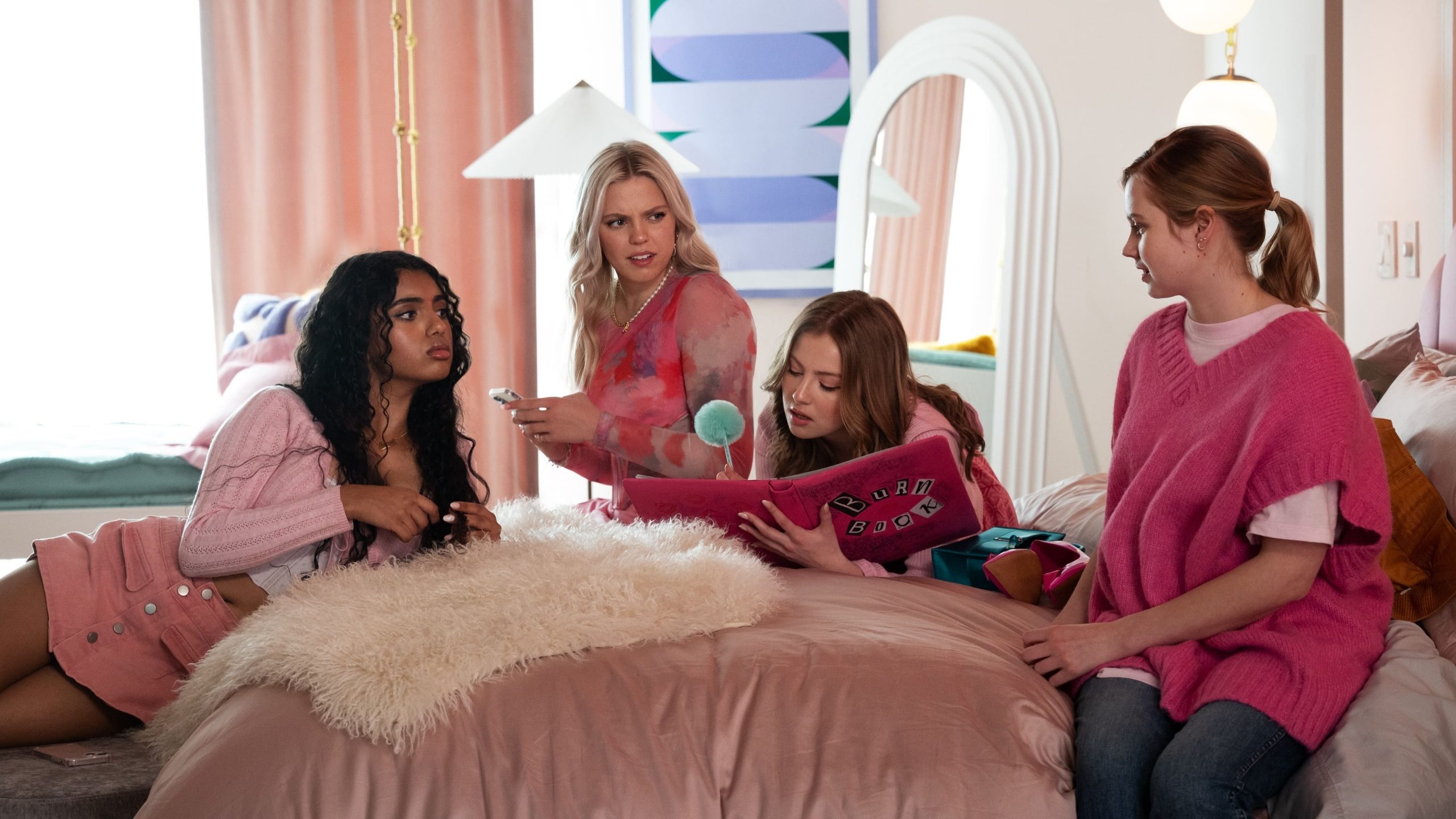
It’s Mean Girls but not as you know it. The new movie musical – based on a Broadway musical, which is based on the 2004 film, which was based on a parenting book – lands in cinemas, critic Rory Doherty investigates.
Once you get over the shock that Mean Girls came out twenty years ago (cue feeling like you’ve turned into an actual skeleton à la The Last Crusade), the fact that Broadway made a musical version popular enough to warrant a film adaptation is perhaps a less severe blow. If you’ve gotten over those two pop culture curveballs, we’ve got another one for you – Mean Girls’ poppy, theatre-kid-energised musical update from directors Samantha Jayne and Arturo Perez Jr. is… actually pretty good.
A note on the original Mean Girls and its eternal appeal: the Tina Fey-scripted modern classic was the defining 2000s word on high school cliques (well, maybe excluding this number from High School Musical), but it’s also incredibly 2004, a time of early internet and cell phone ubiquity among children, where American teen fashion, dialects, and social mores were, um, a great deal less sensitive.
But the fact that Mean Girls’ lens on feminism, queerness, and sexual politics is so entrenched in a bygone time and place actually adds to its appeal and guarantees its longevity. It’s now a ludicrous period piece, lit up by dark streaks of humour and a universally powerful cast – the fact that the characters take their social-climbing and high-school-revenge plotting so seriously only bolsters its intended hilarity from a 2024 perspective. Mean Girls has shifted from, “Wow, what a fun pastiche of recognisable modern social behaviours” to “What in god’s name was in the water in 2004?!”
The new Mean Girls (with Fey returning as screenwriter) updates the story for a TikTok-addled generation, who possess a broad socio-political lexicon and a heightened ability to self-diagnose. Apparently, there’s a lot of crossover between the teens of today and yesterday – or at least, there’s a shared potential for social hysteria within hermetically sealed high schools.
Yes, it’s still awful to lie to people about what they’re eating to force weight change – that detail of the plan to dethrone Queen Bee Regina George (Reneé Rapp) comes across as downright evil in both versions. But a welcome casting decision has Fey and Tim Meadows reprise their roles from the original film as put-upon teachers struggling with insane children on a daily basis – twenty years on, their exhaustion with teenage pettiness only feels more believable.
The rest of the cast – who all seem younger than the original cast despite being, on average, the same age – do an admirable job, most notably popstar and Sex Life of College Girls actor Reneé Rapp as the aforementioned fearsome It Girl. Rapp has the unenviable job of bringing Regina back to the silver screen after Rachel McAdams’ performance has been lionised and mimicked for twenty years, but the breathy, intoxicating solos Regina gets help distinguish Rapp’s performance from McAdams’. Through her songs, we get a better sense of the emotional experience of being hooked and intimidated by Regina, and Rapp’s performance feels like a near-seamless updating of the Regina George archetype.
If you wonder why the rest of the cast (including Angourie Rice as Cady, Bebe Wood as Gretchen Wieners, Avantika as Karen Shetty, and Auli’i Cravalho as Janis ‘Imi’ike) seem a bit less instantly iconic than Lindsay Lohan, Lacey Chabert, Amanda Seyfried, and Lizzy Caplan did in the same roles, it’s worth remembering that the original cast had the benefit of being the first actors to perform these characters and dialogue.
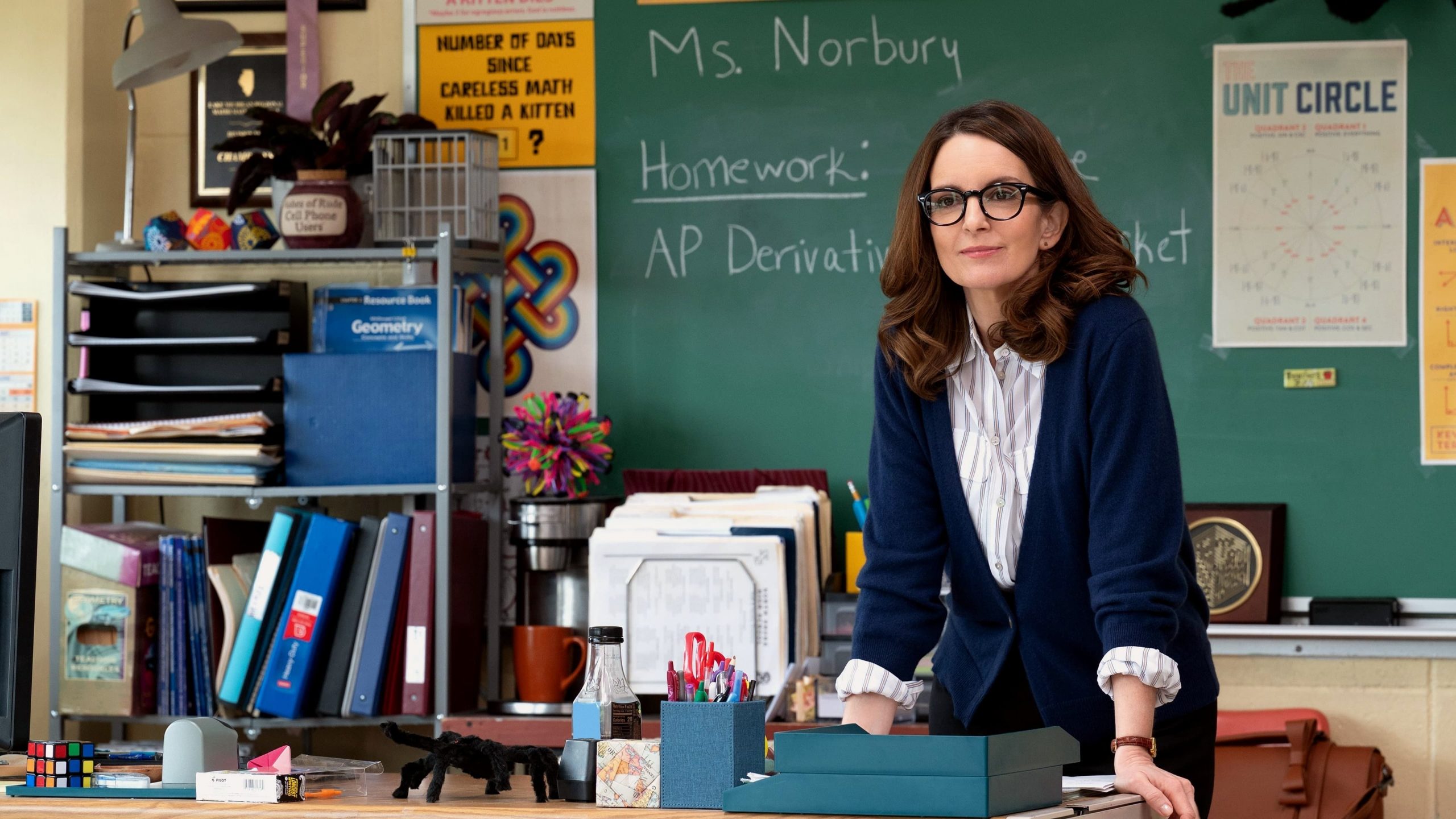
By the time the new film faithfully recycles every line we’ve committed to memory, audiences will be comparing, willingly or not, their delivery and impact to an entirely different cast. It’s why the song numbers, hyper-poppy and earworm-y as they may be, are the true highlights – it’s a fundamentally novel way of engaging with this story that doesn’t invoke comparisons with the original. Still, the talking-in-a-musical comedic scenes suffer from a belaboured stageyness that was missing from the ‘04 film – so rapid and sharp was Fey’s dialogue under Mark Waters’ direction.
While the vast majority of the songs fizzle (highlights include “Apex Predator”, “Revenge Party” and “I’d Rather Be Me” – all featuring Moana’s Auli’i Cravalho) their translation from stage to screen is not without clunkiness. Apart from inconsistent aspect ratio changes whenever the film segues between the talking and singing scenes (making you wonder if you’re supposed to be watching Mean Girls in IMAX), there’s a lack of confidence and dynamism to the songs.
Characters often deliver their numbers roaming the high school halls or sitting in classrooms, and elements like students becoming choruses or fantasy-sequence production design are underused. Under Jayne and Perez Jr.’s stewardship, Mean Girls feels like some of its own characters: brashly confident in so many aspects, but transparently insecure in others.









